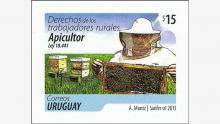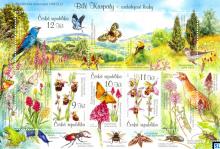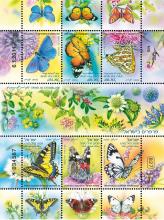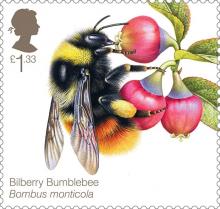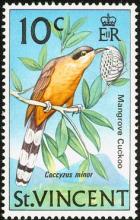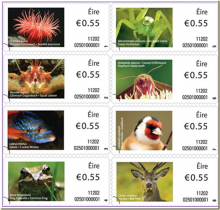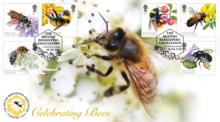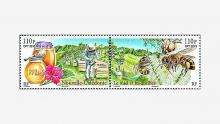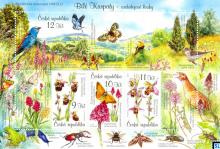Tien jaar geleden waarschuwde toxicoloog Henk Tennekes als één van de eerste wetenschappers voor de desastreuze effecten van landbouwgif op bijen. Om dat te begrijpen, verwijst hij eerst naar Rachel Carson, biologe en schrijfster die de wereld wees op de gruwelijke uitwerking van het landbouwgif DDT. ,Zij schreef kritisch over DDT en schetste een rampscenario voor de voedselketen’’, doceert Tennekes. ,,Muizen met DDT in hun lever werden gevoerd aan uilen. Die legden het loodje. Dieren dus aan de top van de voedselketen.’’ DDT is inmiddels verboden, maar nu dreigt een ander gevaar.

